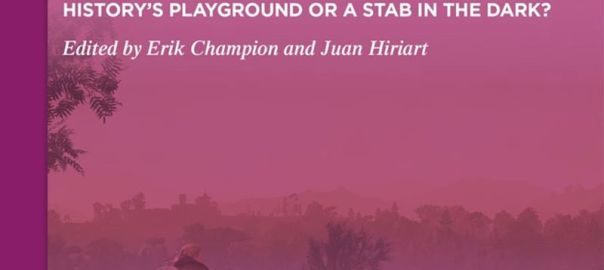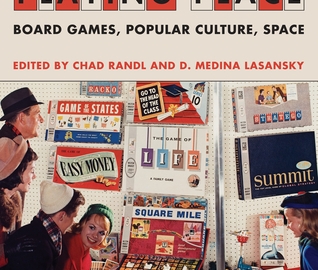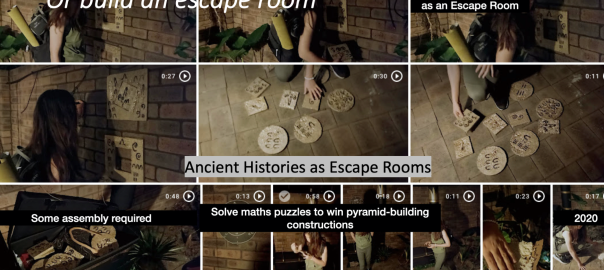Assassin’s Creed‹ in the Classroom History’s Playground or a Stab in the Dark? HAS been published by De Gruyter, on 18 December. Thanks to my co-editor Dr Juan Hiriart, and our authors.
https://degruyter.com/document/isbn/9783111250724/html
Erik Champion and Juan Hiriart
Introduction: History’s Playground or a Stab in the Dark?
Marc-André Éthier and David Lefrançois
Chapter 1: Historical Video Games and Teaching Practices
Chu Xu, Robin Sharma and Adam K. Dubé
Chapter 2: Discovery Tour Curriculum Guides to Improve Teachers’ Adoption of Serious Gaming
Ylva Grufstedt and Robert Houghton
Chapter 3: Christian Vikings Storming Templar Castles: Anachronism as a Teaching Tool
Julien A. Bazile
Chapter 4: Ludoforming the Past: Mediation of Play and Mediation of History through Videogame Design
Nathan Looije
Chapter 5: Exploring History through Depictions of Historical Characters in Assassin’s Creed Odyssey
Juan Hiriart
Chapter 6: Empathy and Historical Learning in Assassin’s Creed Valhalla Discovery Tour
Kevin Péloquin and Marc-André Éthier
Chapter 7: The Discovery Tour as a Mediated Tool for Teaching and Learning History
Angela Schwarz
Chapter 8: Discovering the Past as a Virtual Foreign Country: Assassin’s Creed as Historical Tourism
Hamish Cameron
Chapter 9: Classical Creations in a Modern Medium: Using Story Creator Mode in a University Assignment
Kira Jones
Chapter 10: Assassin’s Creed @ The Carlos: Merging Games and Gallery in the Museum
Manuel Sánchez García and Rafael de Lacour
Chapter 11: From the Sketchbook to Assassin’s Creed Valhalla: An Experiment in Architectural Education
Erik Champion
Chapter 12: Assassin’s Creed As Immersive and Interactive Architectural History



















